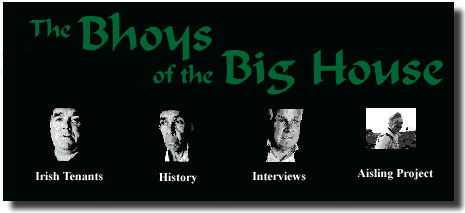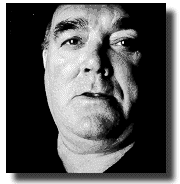


| Arlington House, opened in 1905, was the last in a chain of hostels built in London by the great Victorian philanthropist Lord Rowton. Rowton wanted to provide clean and decent accommodation for working men, who in that era were often forced to stay in filthy and disease-ridden common lodging houses. The 'Rowton Houses' were a great success, and enjoyed a reputation for providing the cleanest and best value accommodation in London. According to George Orwell, who stayed in Rowton Hostels during his [from our contemporary viewpoint, incredibly patronising...] travels through the world of the working class, and the 'down & out':
" The best [lodging houses] are the Rowton Houses, where the charge is a shilling, for which you get a cubicle to yourself, and the use of excellent bathrooms. You can also pay half a crown for a special, which is practically hotel accommodation. The Rowton Houses are splendid buildings, and the only objection to them is the strict discipline, with rules against cooking, card playing, etc." 1. |

| By the 1970s, Arlington House was in a state of decline. Conditions in the hostel, the "splendid" building, which had so impressed George Orwell, had fallen into a state of disrepair, but perhaps more importantly, the public's perception of the hostel had changed.In more prosperous times, the idea of a lodging house for single, working men, seemed archaic. Although the hostel was taken over by Camden Council in the mid 1980s and extensively refurbished, tenant numbers being halved and room size doubled, a stigma remained. As Camden Town expanded its famous weekend market, the huge Victorian hostel, and its increasingly elderly residents, began to seem out of place amid the glamour and youth culture of a rapidly developing, and busy, cosmopolitan commercial area. As one Irish resident in 1995 explained:
" It's the best house of its kind. I've found that, and I've been around. It was bad here, years ago, but there's no comparison at all now... Arlington House is now run by Novas Ouvertures, a leading provider of accommodation, support and specialist care services for homeless people in London and throughout Britain and Ireland. |
 |
 |
 |
|
- Tim Buckley 1918-'98.
|
|
1. Orwell, G., Down & Out In Paris and London, Secker & Warburg, London, 1986. p.170.
